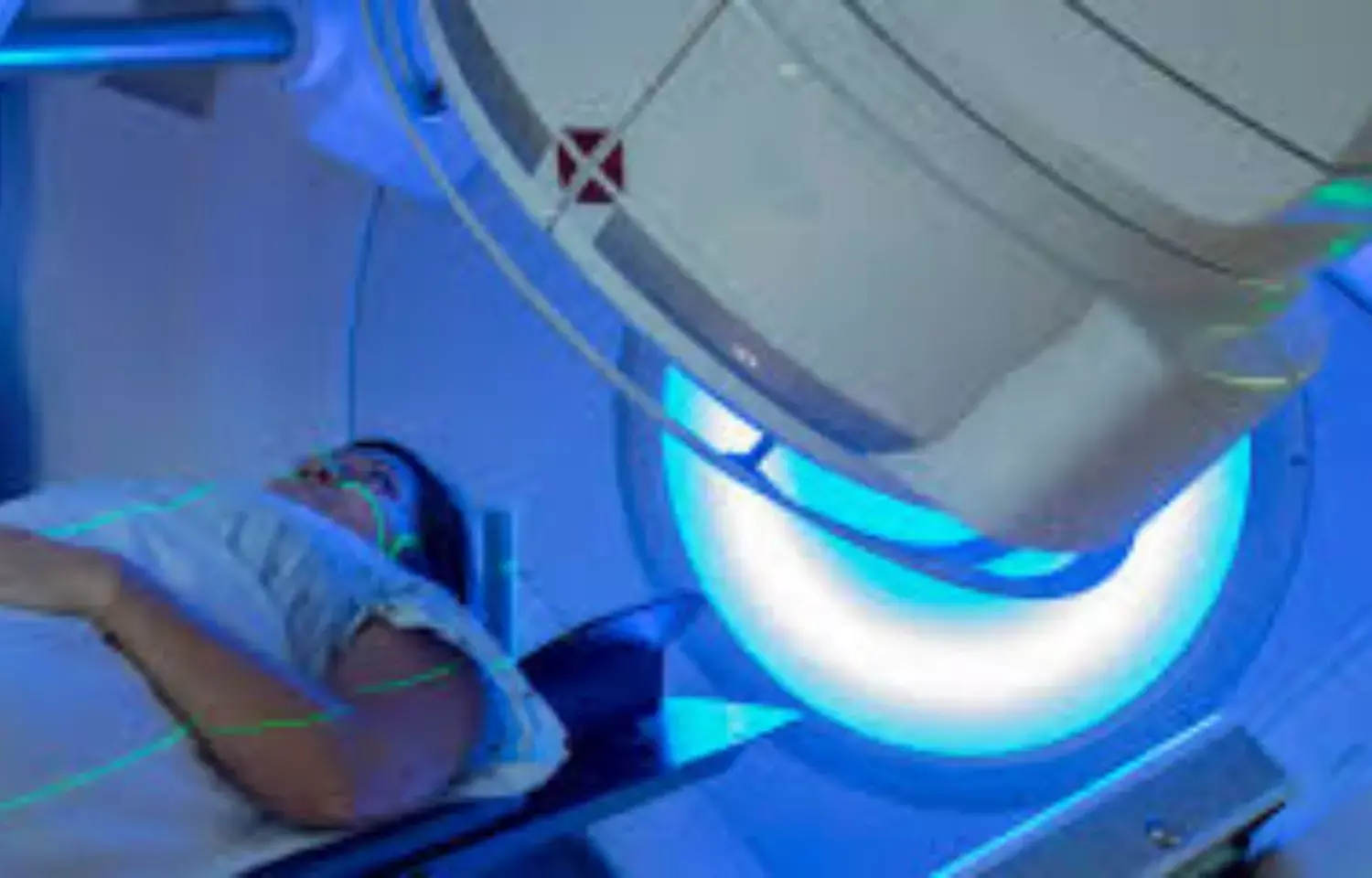- Home
- Medical news & Guidelines
- Anesthesiology
- Cardiology and CTVS
- Critical Care
- Dentistry
- Dermatology
- Diabetes and Endocrinology
- ENT
- Gastroenterology
- Medicine
- Nephrology
- Neurology
- Obstretics-Gynaecology
- Oncology
- Ophthalmology
- Orthopaedics
- Pediatrics-Neonatology
- Psychiatry
- Pulmonology
- Radiology
- Surgery
- Urology
- Laboratory Medicine
- Diet
- Nursing
- Paramedical
- Physiotherapy
- Health news
- Fact Check
- Bone Health Fact Check
- Brain Health Fact Check
- Cancer Related Fact Check
- Child Care Fact Check
- Dental and oral health fact check
- Diabetes and metabolic health fact check
- Diet and Nutrition Fact Check
- Eye and ENT Care Fact Check
- Fitness fact check
- Gut health fact check
- Heart health fact check
- Kidney health fact check
- Medical education fact check
- Men's health fact check
- Respiratory fact check
- Skin and hair care fact check
- Vaccine and Immunization fact check
- Women's health fact check
- AYUSH
- State News
- Andaman and Nicobar Islands
- Andhra Pradesh
- Arunachal Pradesh
- Assam
- Bihar
- Chandigarh
- Chattisgarh
- Dadra and Nagar Haveli
- Daman and Diu
- Delhi
- Goa
- Gujarat
- Haryana
- Himachal Pradesh
- Jammu & Kashmir
- Jharkhand
- Karnataka
- Kerala
- Ladakh
- Lakshadweep
- Madhya Pradesh
- Maharashtra
- Manipur
- Meghalaya
- Mizoram
- Nagaland
- Odisha
- Puducherry
- Punjab
- Rajasthan
- Sikkim
- Tamil Nadu
- Telangana
- Tripura
- Uttar Pradesh
- Uttrakhand
- West Bengal
- Medical Education
- Industry
Prophylactic EGCG reduces radiation induced dermatitis in breast cancer patients: JAMA

China: Prophylactic use of epigallocatechin-3-gallate (EGCG) significantly reduces the occurrence of radiation-induced dermatitis (RID) in breast cancer patients receiving adjuvant radiotherapy, states a recent study published in JAMA Dermatology. This implies that the EGCG solution may be a convenient, well-tolerated, and valid option for breast cancer patients at risk for RID.
There is an unmet need for safe and effective prophylactic therapies for radiation-induced dermatitis. Considering this, Hanxi Zhao, Shandong First Medical University and Shandong Academy of Medical Sciences, Jinan, Shandong, China, and colleagues aimed to determine if EGCG solution reduces the incidence of RID in patients undergoing radiotherapy after breast cancer surgery in phase 2 double-blind, placebo-controlled randomized clinical trial.
The trial enrolled 180 patients with breast cancer receiving postoperative radiotherapy at Shandong Cancer Hospital and Institute in Shandong, China. 165 were randomly assigned in the ratio of 2:1 to receive either EGCG solution (660 μmol/L; n=111) or placebo (0.9% NaCl saline; n=54) sprayed on the whole radiation field from day 1 of the radiation until 2 weeks after radiation completion.
Incidence of grade 2 or worse RID, defined by the Radiation Therapy Oncology Group scale was the primary endpoint. The secondary endpoints included the RID index (RIDI), symptom index, changes in the skin temperature measured by infrared thermal images, and safety.
The findings of the study were as follows:
- The occurrence of grade 2 or worse RID was significantly lower (50.5%) in the EGCG group than in the placebo group (72.2%).
- The mean RIDI in the EGCG group was significantly lower than that in the placebo group.
- Symptom indexes were significantly lower in patients receiving EGCG.
- Four patients (3.6%) had adverse events related to the EGCG treatment, including grade 1 pricking skin sensation (2.7%) and pruritus (0.9%).
To conclude, the use of EGCG has the potential to become a new standard of skin care for patients receiving radiotherapy.
Reference:
Zhao H, Zhu W, Zhao X, et al. Efficacy of Epigallocatechin-3-Gallate in Preventing Dermatitis in Patients With Breast Cancer Receiving Postoperative Radiotherapy: A Double-Blind, Placebo-Controlled, Phase 2 Randomized Clinical Trial. JAMA Dermatol. Published online June 01, 2022. doi:10.1001/jamadermatol.2022.1736
Dr Kamal Kant Kohli-MBBS, DTCD- a chest specialist with more than 30 years of practice and a flair for writing clinical articles, Dr Kamal Kant Kohli joined Medical Dialogues as a Chief Editor of Medical News. Besides writing articles, as an editor, he proofreads and verifies all the medical content published on Medical Dialogues including those coming from journals, studies,medical conferences,guidelines etc. Email: drkohli@medicaldialogues.in. Contact no. 011-43720751


